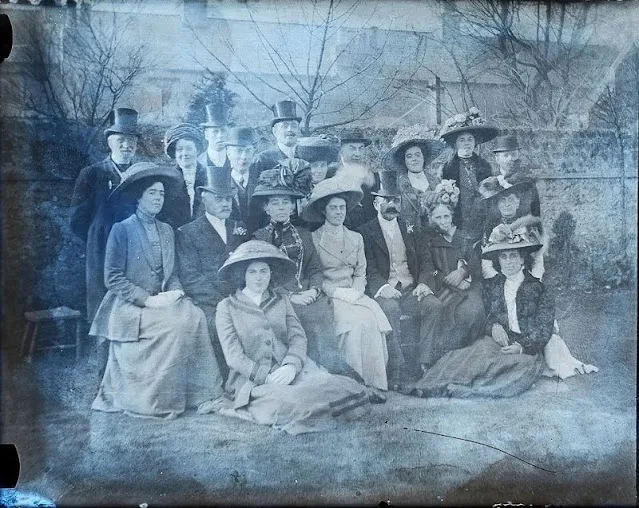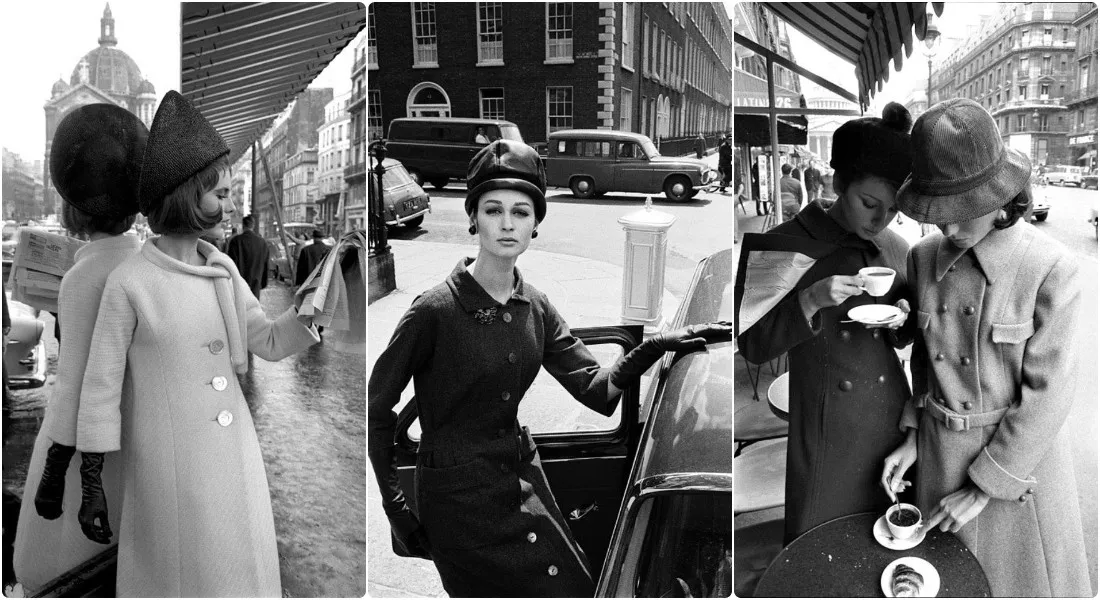The General Post Office (GPO) played an important role in the Second World War, providing essential communication services to the military and public. As a result, GPO buildings were often a target for enemy bombers and many suffered significant damage. With large numbers of men serving on the front, women and juveniles filled the gaps. Other innovations included the mobile Post Office for bombed areas, and the airgraph, messages to troops sent on microfilm.
![]()
|
| Liverpool Head Post Office after enemy air raid |
![]() |
| Bomb damage to sorting areas, Mount Pleasant |
![]() |
| Bomb damage to Brixton Branch Office, exterior |
![]() |
| The roof of the reconstructed Mount Pleasant Sorting Office |
![]() |
| The sorting area of the reconstructed Mount Pleasant Sorting Office |
![]() |
| Mount Pleasant roof spotter |
![]() |
| Mount Pleasant trailer pump crew |
![]() |
| Sorting mail at Euston Station |
![]() |
| Bomb crater outside King Edward Building |
![]() |
| Postwoman and boy messenger |
![]() |
| RAF personnel receive Post office training |
![]() |
| Training WRNS at Mount Pleasant |
![]() |
| The Post Office Savings Bank and Polish forces |
![]() |
| Recordak automatic processing machine |
![]()
|
| Foreign transit mail hidden in France during German occupation |
![]()
|
| Posting box and stamp vending machine |
![]()
|
| Central Telegraph Office from the North East |
![]()
|
| Bomb damage to the roof of Mount Pleasant |
![]()
|
| Bomb damage inside Mount Pleasant |
![]()
|
| Bomb damage to Brixton Branch Office, interior |
![]()
|
| Mobile Post Office for bombed areas |
![]()
|
| Temporary Parcels Office, Mount Pleasant |
![]()
|
| Bomb damage to King Edward Building |
![]() |
| Emergency Postal Headquarters North Finchley, 1945 |
![]() |
| Girl messenger and policeman |
![]() |
| Airgraphs Division, King Edward Building |
![]() |
| Airgraph processing at Kodak Ltd |
![]() |
| Airgraphs being despatched |
![]() |
| Post Office UNRRA Conference |
.jpg)
.jpg)
.jpg)
.jpg)
.jpg)
.jpg)
.jpg)
.jpg)
.jpg)
.jpg)
.jpg)
.jpg)
.jpg)
.jpg)
.jpg)
.jpg)
.jpg)
.jpg)
.jpg)
.jpg)
.jpg)
.jpg)
.jpg)
.jpg)
.jpg)
.jpg)
.jpg)
.jpg)
.jpg)

-1711767095-q80.webp)

